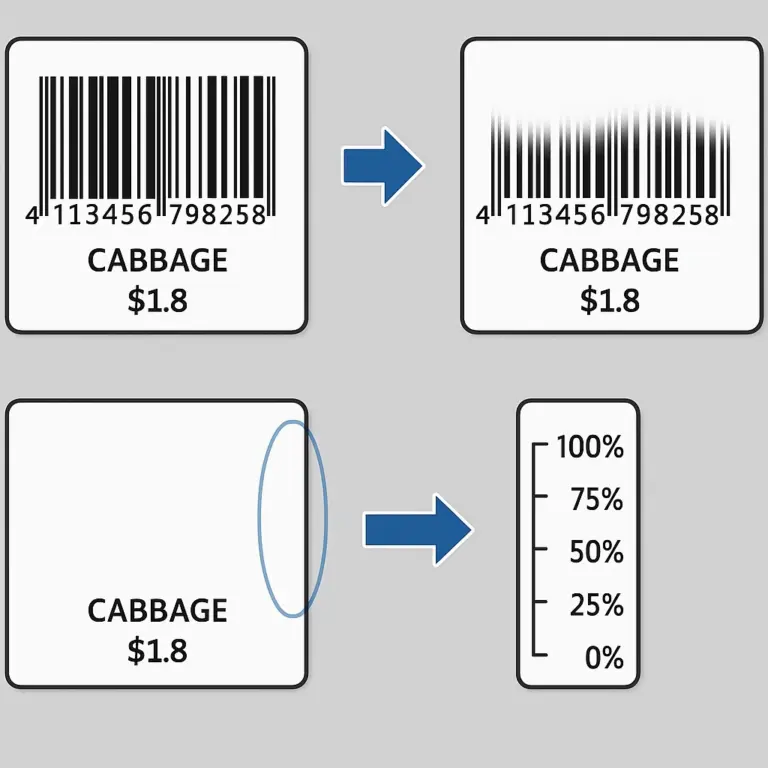From Internet darling to digital drama I would never have believed that Kevin Rose would become one of the most despised people to his previously loyal Digg followers? Just look at the picture below, which is a line for a Diggnation live taping which features Kevin Rose and Alex Albrecht where they talk each week about stories they have "dugg" on the "social news website digg.com." Diggnation Line: Crowds of fans used to wait hours...
Category: Technology
Flipboard For The iPad

This looks really cool but I still prefer RSS.
Kevin Rose: Some Ideas On Ebooks

iPad Magazines

The future of electronic publishing is almost upon us and it looks amazing.
Adobe PhotoShop CS5 Content Aware Fill

Fresh Code Barcodes
Here’s something that every supermarket shopper wishes was currently available. The Fresh Code is an intelligent barcode that doubles up as a graph, indicating the freshness of the vegetable that you’re checking out. The less fresh it is, the less the barcode is displayed, and when you don’t see a barcode, you’ll know that it’s not worth buying. It’s a cool concept, not to mention that when the barcode has disappeared, the cashier won’t be...

